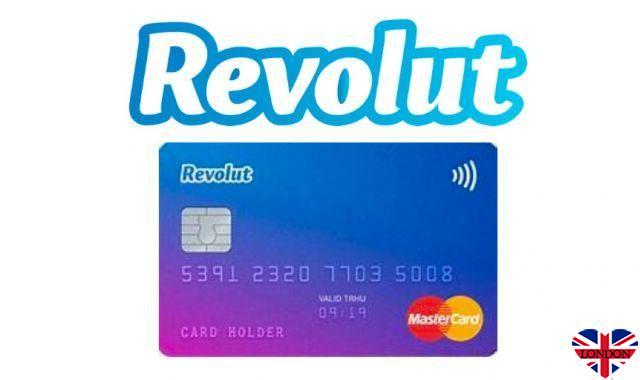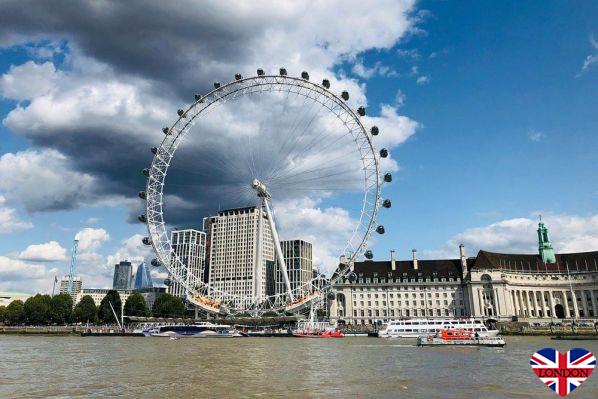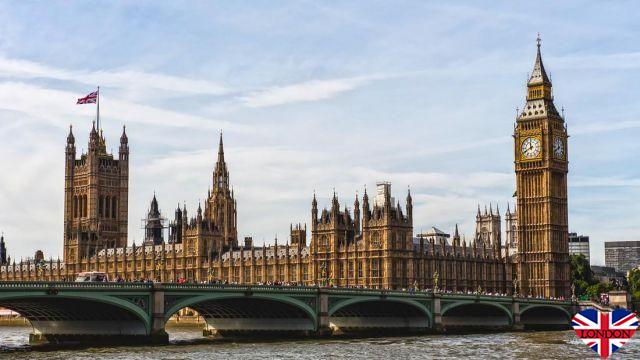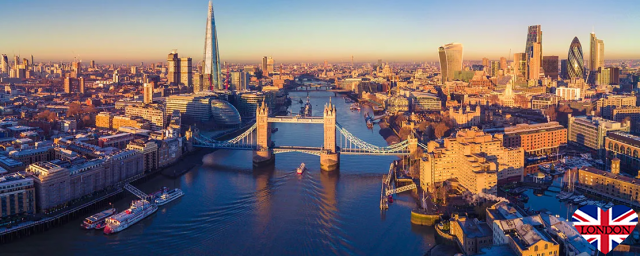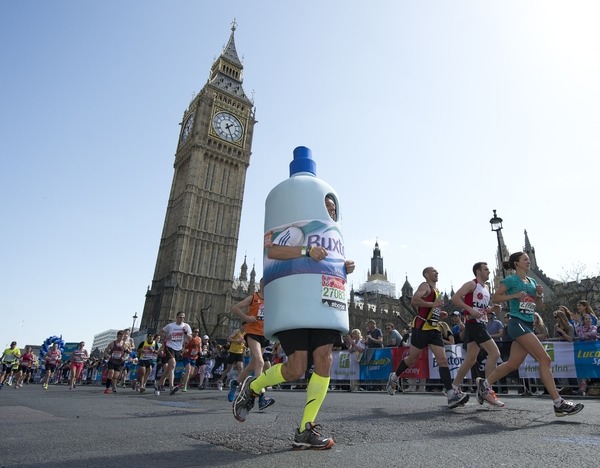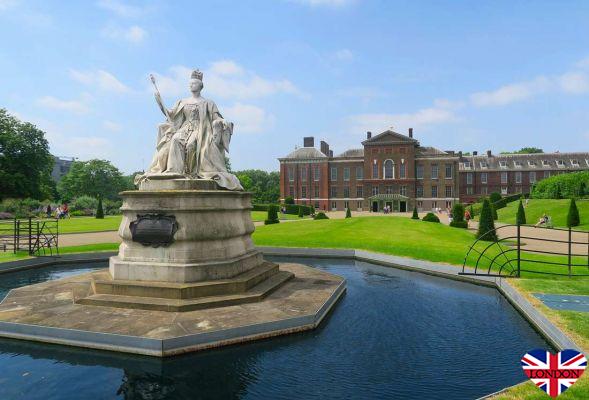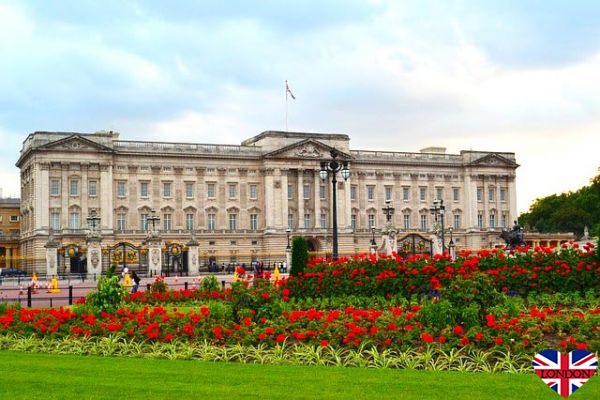Safety in London
For a capital city with millions of inhabitants, London is considered a quiet and relatively safe city, well guarded at all times. There are areas where the danger is greater, but they are located on the outskirts of the city, outside of any tourist circuit. Obviously, as in any busy place, there are always some thieves willing to take advantage of moments of distraction, especially near the busiest monuments and on public transport. So here are some tips to avoid ruining your holiday in London.
Things you can't do in London and almost everywhere else
Avoid displaying all the cash you have and divide it into different denominations to keep it separate.
When you are in a restaurant or sitting at a coffee table, don't hang your bag on the chair and don't leave your bag unattended in the changing rooms where you try on clothes.
Don't place cell phones or wallets on tables or counters in public places; don't keep them in an outside pocket of your purse or pants.
Make sure you have locked your car doors and windows properly, don't leave your mobile, camera, wallet and handbags in plain sight even if they are empty - someone might be tempted to pick the lock or break a car window.
Bring a photocopy of your ID card, which you will leave at your hotel in London. In case of loss: if you have lost it, contact the consulate, while if it has been stolen, report it to the police.
Areas of London to avoid and those to be careful in
There are no really dangerous areas, even at night, but as in all big cities, even in London there are quieter areas and some less so.
In general, it's always best to take a little extra care, especially near Victoria Station and smaller stations, if moving from the centre, however the Brixton, Limehouse, Willesden Junction, Peckham and Seven Sisters areas should be avoided.
Soho is also considered a relatively risky area, especially near the red light bars, frequented by beautiful girls who lure tourists in and then force them to pay £500 for two drinks. Pickpockets strike especially in public places, when jackets, wallets, phones and cameras are left unattended. Don't get into taxis that we are not authorized (take only black and yellow ones) because cases of sexual violence against single women are frequent.
Where to go for help in London
Police can be recognised by police lettering and blue cars.
The number to call the police in an emergency is 112, the single European number, or 999 to call the ambulance and fire brigade. They will most likely answer in English, so if you don't know English, pass the phone to an English person who can help you call for help.









